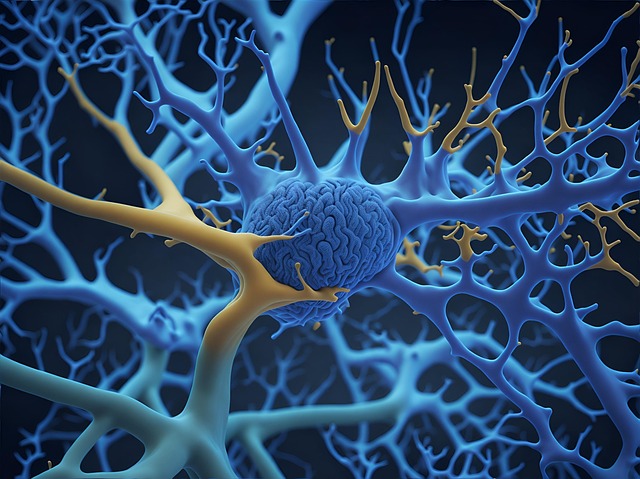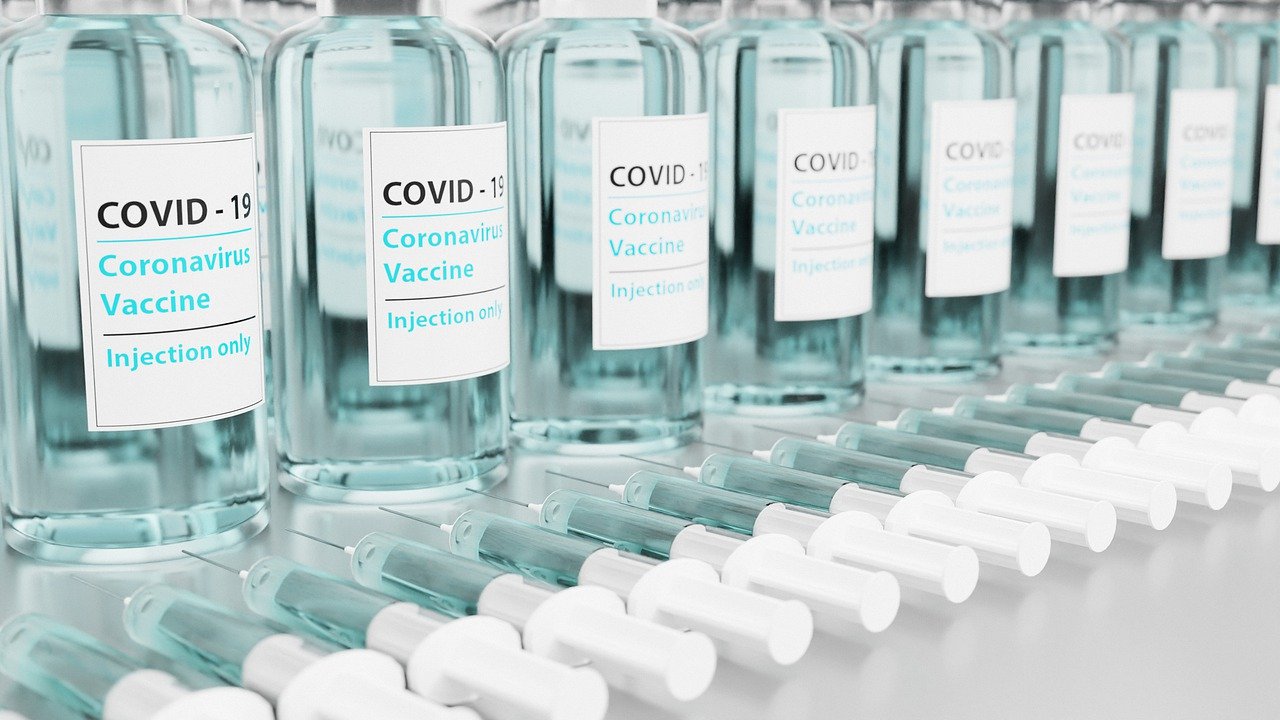Why We Love Excitement: The Neuroscience Behind Thrills and Chills
August 12, 2025Some people love roller coasters, skydiving, horror movies, or gambling. Others would rather avoid all that and spend a quiet night in. Why do we crave anticipation, and why does it feel so good?
Our brains are wired to love the feeling of joy. It’s a mix of biology, chemistry, and psychology that pushes us to seek out things that get our heart racing. Thrill-seeking isn’t just entertainment, it’s deeply rooted in how humans have evolved .
The Brain’s Built-In Reward System
Let’s start with dopamine, a neurotransmitter often associated with pleasure and motivation. Dopamine isn’t triggered by the reward itself. It’s released during the anticipation of something good.
This plays out in the brain’s mesolimbic pathway, which includes areas like the nucleus accumbens and the ventral tegmental area. These regions come into play when we’re on the verge of something exciting.
Dopamine and the Power of Anticipation
One thing people often misunderstand about dopamine is that it’s not necessarily about getting the reward. It’s about wanting it. It’s that “on-the-edge-of-your-seat” feeling right before a big event happens, that’s when dopamine really spikes.
That’s why unpredictable experiences feel more exciting than ones where we already know the outcome. Our brains love that sense of the unknown.
Why Risk and Uncertainty Keep Us Hooked
Take gambling, for example. Games that involve chance, where you don’t know if you’ll win or lose, are dopamine goldmines for the brain. The combination of anticipation, fast-paced feedback, and sensory stimulation creates a loop that’s hard to resist.
That’s part of the reason why platforms like the best online casinos in Canada attract so many adrenaline-seekers. They tap directly into that craving for unpredictability and reward.
The Fear Factor: When Adrenaline Feels Amazing
It’s not just dopamine that makes excitement feel good. The amygdala, the part of your brain that processes fear, plays a huge role too. When you encounter an intense situation, like a haunted house or a scary movie, it sends out signals that activate your fight-or-flight response.
Your body reacts by releasing adrenaline and cortisol, leading to:
- Faster heartbeat
- Quicker breathing
- Heightened senses
- A burst of energy
In real danger, this would help you run or fight. But in a safe setting, it makes you feel alive.
Why Some People Crave More Thrill Than Others
Not everyone is wired the same way. Some people get a bigger kick out of risky or unpredictable experiences. Psychologist Marvin Zuckerman came up with the term “sensation seeking” to describe those who constantly pursue novelty and intensity.
Are You a Sensation Seeker?
A study involving college students found that high sensation seekers were significantly more likely than their low-sensation-seeking peers to engage in hazardous driving behaviours such as speeding, aggressive driving, drinking and driving, and not wearing seat belts. You might be a sensation seeker if:
- You get bored quickly
- You enjoy surprises
- You love trying new things
- You often act on impulse
How the Pandemic Changed Our Relationship with Excitement
The COVID-19 pandemic brought everything to a standstill. For months, people were starved of novelty, connection, and sensory stimulation. It also fueled major shifts in how we interact online, sparking increased polarization and digital movements that redefined public discourse during lockdown.
This lack of stimulation led to a kind of “dopamine drought,” and many started looking for new ways to feel engaged, from baking bread to online poker. The long period of isolation also made people rethink how they pursue risk and pleasure in their lives. Even with the rollout of vaccines and the gradual return to public life, the psychological effects of lockdown lingered.
The Mental Health Side
In the right doses, sensation seeking is healthy. It sharpens your mind, lifts your mood, and helps you feel alive. But when it turns into compulsive behaviour , it can be a sign of something deeper and be a cause for concern.
In a psychiatric study examining 65 patients with addictive behaviours, researchers found that having higher scores on sensation-seeking subscales significantly increased the likelihood of addiction. Specifically, for each one-point increase in the boredom susceptibility and disinhibition subscales, the risk of manifesting addictive behaviour increased by a factor of 1.4, while a one-point rise in the thrill-and-adventure seeking subscale increased the risk by 1.3.
Dopamine makes us want to repeat things that feel good. But sometimes, that drive overrides logic. A few red flags to watch out for include the need for more risk to feel the same buzz, you feel anxious or low without stimulation, you are taking bigger risks than before, or you use the adrenaline rush as a way to escape stress or boredom.
Healthy Ways to Get Your Fix
Sensation seeking isn’t always bad, you don’t have to give up the buzz, you just need to feed it in a smart way. It can be motivating to try hobbies that are good for our bodies or make bold business decisions. Here are a few ideas:
- Adventure sports: Rock climbing, snowboarding, whitewater rafting
- Competitive games: Escape rooms, esports, or poker (played responsibly)
- Travel: Exploring new cities, cultures, or hidden local gems
- Creative risks: Performing, pitching ideas, starting a side hustle
Finding your version of healthy risk can make life more meaningful.
Final Thoughts
There’s a reason your heart races before a big event. Our brains crave excitement. Dopamine, adrenaline, and unpredictability keep us alert, engaged, and growing.
Still, not all unpredictability is positive, some forms, such as the divisive nature of cancel culture, can create tension and conflict rather than joy. The key is knowing which kinds of risk and challenge are worth embracing.
So, if you’re someone who thrives on adrenaline, lean into it, but with awareness. Know what you’re chasing, and make sure it feeds you, not controls you.

